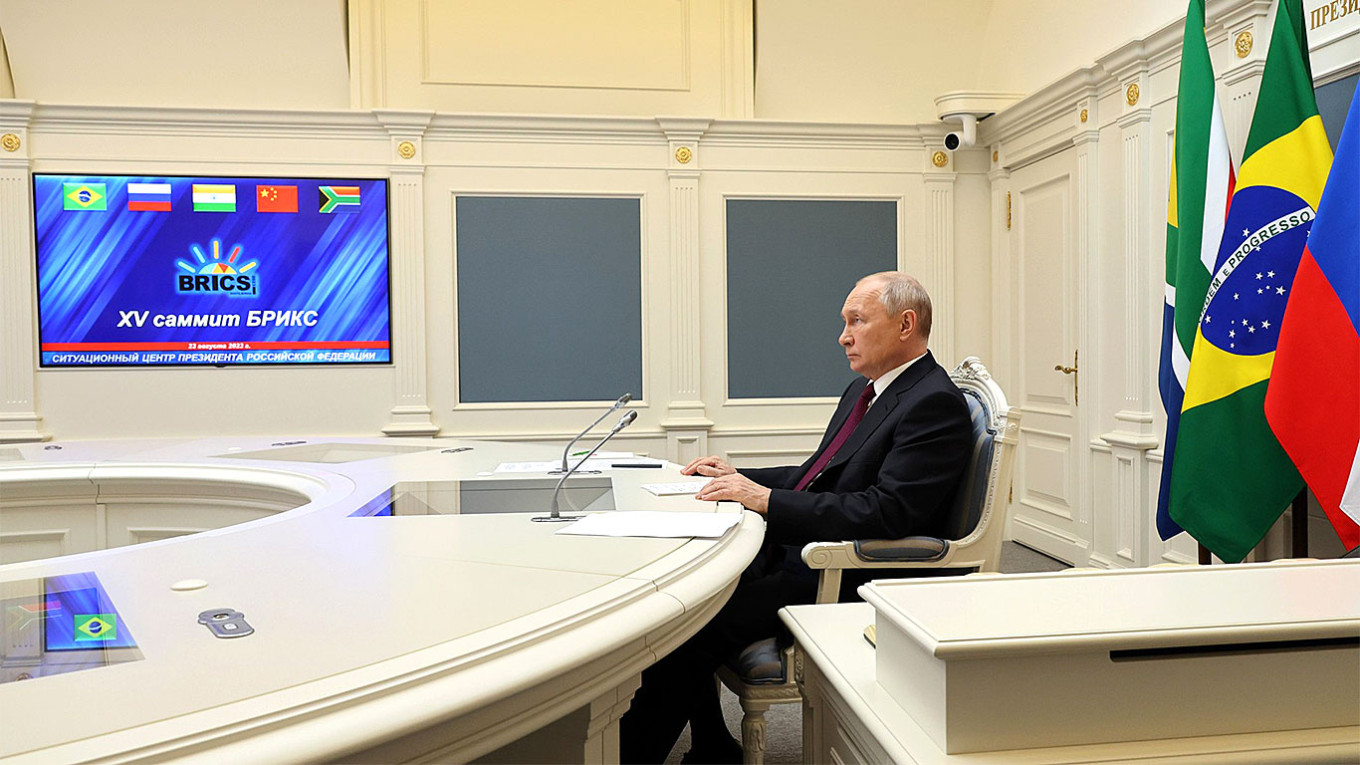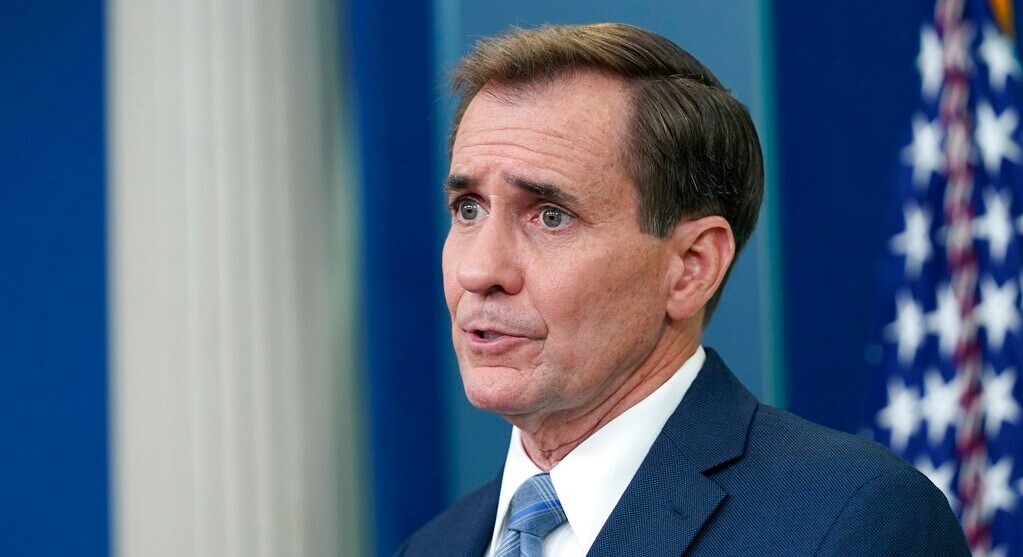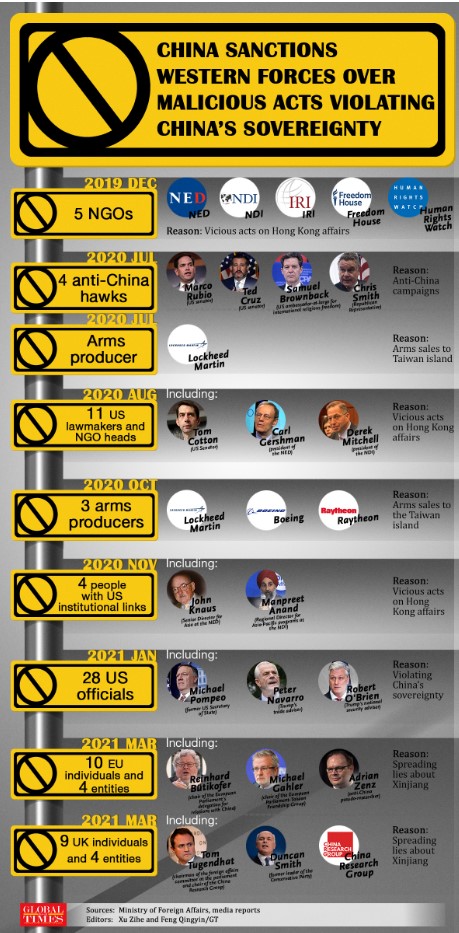KSE Sounds Alarm: Loopholes in Export Controls Fuelling Russia’s War Machine
The Kyiv School of Economics’ (KSE) Institute, a Ukrainian think tank, and the Yermak-McFaul Expert Group on Russian Sanctions, an international group of independent experts working on the implementation of sanctions against Russia, have released a new report raising critical concerns about loopholes in export controls aimed at crippling Russia’s war machine.
Titled “Challenges of Export Controls Enforcement,” the report exposes vulnerabilities in the enforcement regime and urges governments to take immediate action to tighten the noose on Russia’s access to critical goods and technology.
Why is this important?
- Russia needs technology, such as sensors, microchips, and navigation systems, to continue its violent aerial assault on Ukrainian targets. The report shows that “while export controls have had some effect on trade flows, Russia continues to be able to import large amounts of goods needed for military production. Since the imposition of restrictions, supply chains have adapted and most of the items in question now reach Russia via intermediaries in third countries, including China.”

- Russia has largely succeeded in circumventing sanctions to buy technology it needs to fight in its war in Ukraine.
- KSE says, “Almost half of the imports in the first ten months of 2023 consisted of goods that were produced on behalf of companies from coalition countries, indicating major enforcement challenges.”
- Chinese and Hong Kong-based companies dominate final sales to Russia.

- The study has shown that Russia’s “capacity to manufacture missiles and drones appears to have increased in 2023”.
- The KSE report’s findings serve as a stark reminder that current export controls are proving inadequate in deterring Russia’s war machine.
Key Findings
- Leaking Sieve: Despite sanctions targeting strategic goods, vital components for military equipment and dual-use items (with civilian and military applications) are still reaching Russia through various channels.
- Third-party countries: Russia is leveraging trade partners, particularly in Asia and the Middle East, to circumvent sanctions and acquire restricted goods.
- Domestic production: Russia is ramping up domestic production of certain components, though often relying on imported technology and know-how.
- Stockpiling: Russia amassed reserves of critical components before the war, giving it some buffer against sanctions.
- Uneven Impact: While some areas like battlefield technologies have seen a noticeable decline in imports, critical components for broader applications are still flowing freely. This undermines the effectiveness of sanctions in crippling Russia’s overall military and industrial capacity.
- Enforcement Gaps: Lack of robust monitoring, information sharing, and enforcement mechanisms at national and international levels allows sanctioned entities to exploit loopholes and operate with impunity.
- In 2022, Russia’s missile production capacity is estimated to have been 50 per month. By mid-2023, it had doubled to 100, and reached 115 by the end of the year. However, the study concludes that if Russia continues to unleash its arsenal at current rates, that still means it will deplete its stocks.
Calls to Action
The report emphasises that “export controls need to adapt and stay ahead of Russian efforts to circumvent them. Measures need to consider distinct challenges that exist on various stages of the supply chain and require very specific solutions. Export controls enforcement is hindered by several factors, including inadequate compliance efforts by entities located in coalition countries, the absence of sanctions imposed on third-country intermediaries engaged in export controls evasion schemes, inconsistent and/or insufficient regulations with regard to sanctioned items, and jurisdictional issues within the coalition.”

The KSE report lays out specific recommendations for tightening export controls and closing enforcement gaps. These include:
- Global coordination: Enhanced cooperation and information sharing among sanctioning countries is crucial to track sanctioned entities and their circumventing tactics.
- Targeted sanctions: Expanding the list of sanctioned entities and goods, focusing on critical components and dual-use technology, to choke off essential supply lines.
- Strengthening enforcement: Bolstering national enforcement agencies with resources and expertise, and fostering international cooperation in investigating and prosecuting sanctions violations.
- Corporate responsibility: Incentivizing private companies to adopt stricter compliance procedures and hold them accountable for facilitating the flow of sanctioned goods.
Urgent Reminder
With the conflict now stretching into its second year, the urgency to dismantle Russia’s access to critical resources is greater than ever. The recommendations outlined by the KSE offer a roadmap for governments and international organizations to take decisive action and finally cripple the Putin regime’s ability to wage war.


















































































































































































































